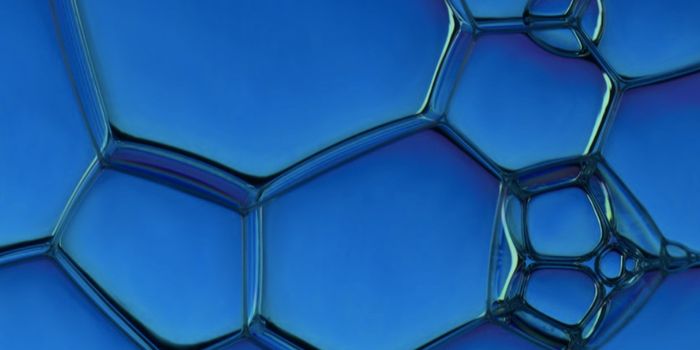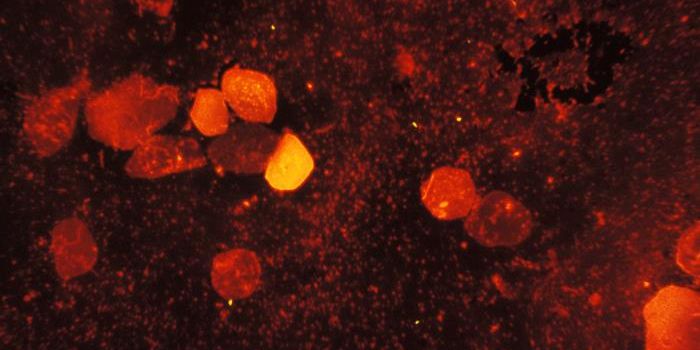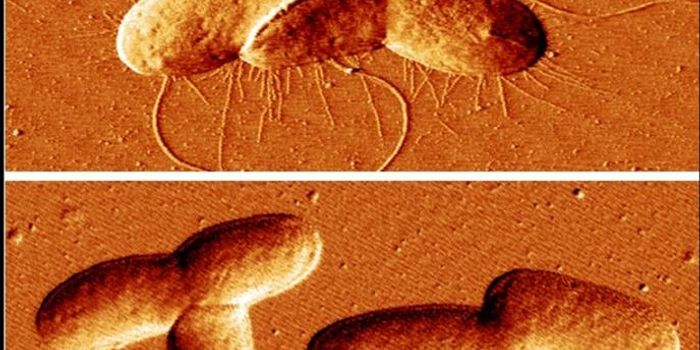The Coronavirus SARS-CoV-2 is Stable for Hours on Surfaces
SARS-CoV-2 is a coronavirus that causes an illness called COVID-19. There are now well over 210,000 confirmed cases worldwide. Research from scientists at the National Institutes of Health, CDC, UCLA, and Princeton University and reported in The New England Journal of Medicine has now shown that the virus can remain stable for several hours to days on surfaces and for about three hours in droplets in the air.
The researchers tried to determine how long the virus would stay active if an infected person coughs or touches objects or surfaces. The virus was detectable for up to three hours in aerosols, up to four hours on copper surfaces, up to 24 hours on cardboard, and two or even three days on stainless steel and plastic. This research has shown that although surface contamination may not be driving the spread of the disease in populations, it is possible for the virus to be transmitted this way.
While the scientists know that the behavior of SARS-CoV-2 is very similar to SARS-CoV-1, which causes SARS, it is not yet known why such a larger outbreak is occurring now. In the case of SARS, there was intensive contact tracing, and the isolation of any exposed individuals limited the spread of the virus.
There may be an answer when considering asymptomatic individuals; it may be that younger people who feel fine are actually spreading the virus, not only by sneezing but also by touching commonly used objects or surfaces.
The Centers for Disease Control and Prevention and other experts have recommended that at this time, everyone should be following a few preventive measures:
-
Avoid contact with people who are sick.
-
Avoid touching your face, especially your mouth, nose, and eyes.
-
Cover your cough or sneeze with your elbow or a tissue that is then disposed.
-
Clean and disinfect objects and surfaces that are touched or used often.
-
If you are sick, stay home.
Other research on SARS-CoV-2 by scientists at Scripps Research Institute has confirmed that the virus has a natural origin, and is not engineered in any way.
"By comparing the available genome sequence data for known coronavirus strains, we can firmly determine that SARS-CoV-2 originated through natural processes," said Kristian Andersen, PhD, an associate professor of immunology and microbiology at Scripps Research and corresponding author on the paper.









